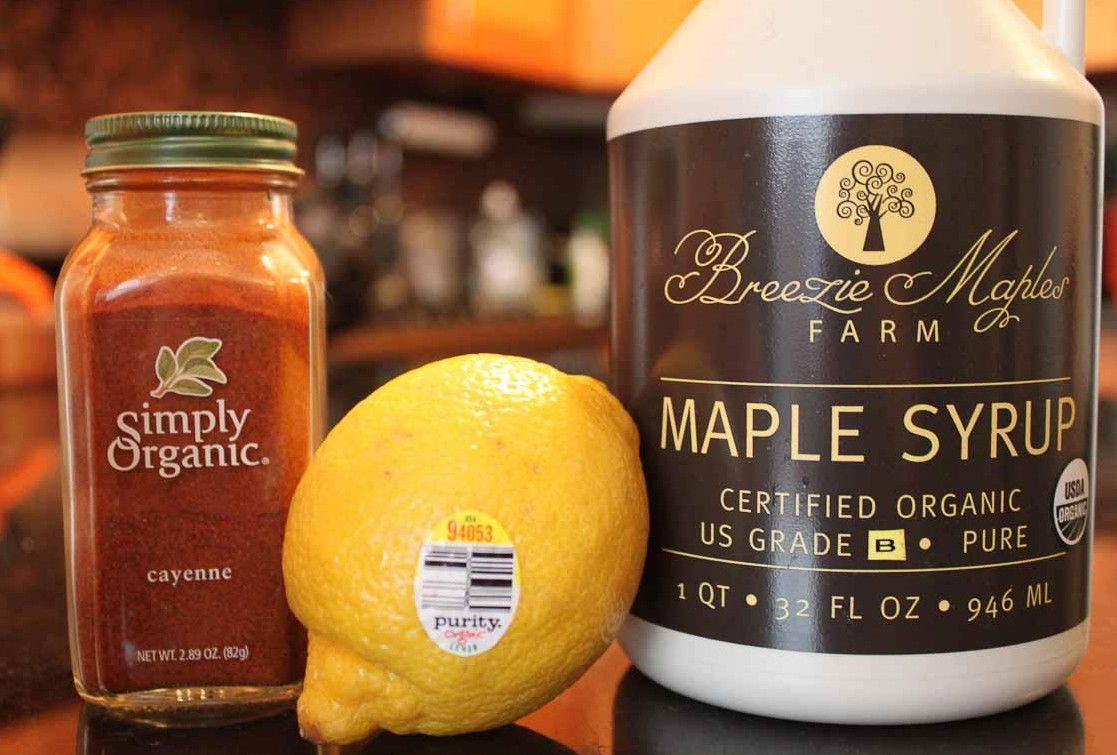7 Dieting Trends That You Should Avoid (2 of 3)
Advertisement

4. The Avoiding Fat At All Costs Diet
Diets that are high in saturated fats and especially trans fats undoubtedly contribute to heart disease. But that doesn’t mean all fats should be completely avoided. The truth is, our bodies need fat for two important reasons. First, the good kinds of fats — like the kind found in extra virgin olive oil, almonds and salmon — have been shown to have heart-protecting benefits. But beyond that, fat is necessary for keeping us full. If you’ve ever eaten a large salad that only contained vegetables, it probably didn’t take long for you to start feeling hungry again, leading you to finish off a pint of ice cream. Oh, and without giving your body some fat to burn, it will respond by slowing down your metabolism, making it even harder for you to lose weight.

5. Negative Calorie Food Diet
Perhaps you’re familiar with that bit of trivia where consuming celery or lettuce results in negative net calories since the energy you use burns more calories than the amount those vegetables contain. That’s great and all, but consider this: you burn more calories sleeping than you do eating a stalk of celery. In other words, don’t allow the negative calories to serve as the motivation for eating low-calorie items. Instead, eat these things because they contain fiber, vitamins, and other nutrients that are awesome for your health!

6. Master Cleanse
If you have ever heard of the Master Cleanse diet, hopefully you realized right off the bat how silly it sounds. It’s a concoction of maple syrup, lemon juice, cayenne pepper and water that you’re supposed to consume for 3-10 days in order to “detoxify” your body. Aside from the fact that there is no scientific proof that it works, liquid diets are best avoided since even the negligible effects — such as the fact that cayenne pepper only burns 10 additional calories over a 4-hour period — would only be temporary and you’ll eventually regain any weight lost.